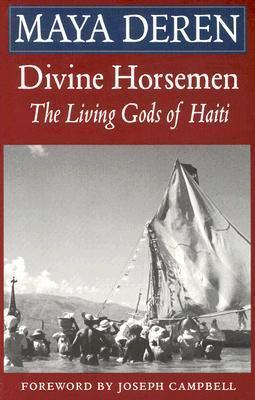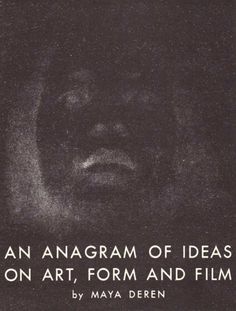Maya Deren
1917 – 1961
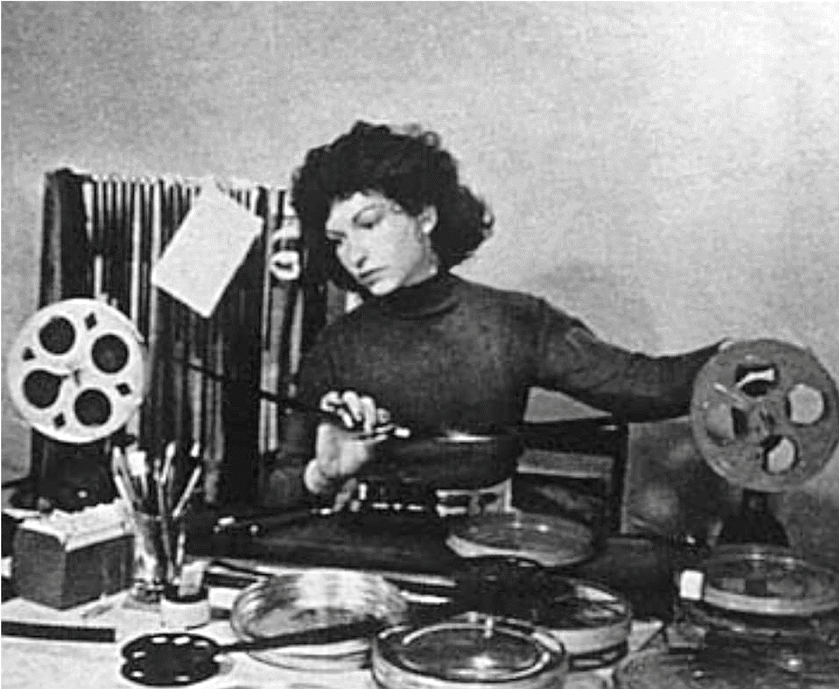 In 1943, Maya Deren made one of the most influential experimental films in American cinema, Meshes of the Afternoon, in collaboration with cinematographer Alexander Hammid. She made several other films before her untimely death at age forty-four. They include At Land and A Study in Choreography for Camera. Deren was the writer, producer, director and editor, working in collaboration with Hella Heyman, her camerawoman, and the editor and filmmaker Miriam Arsham, who was her longtime assistant.
In 1943, Maya Deren made one of the most influential experimental films in American cinema, Meshes of the Afternoon, in collaboration with cinematographer Alexander Hammid. She made several other films before her untimely death at age forty-four. They include At Land and A Study in Choreography for Camera. Deren was the writer, producer, director and editor, working in collaboration with Hella Heyman, her camerawoman, and the editor and filmmaker Miriam Arsham, who was her longtime assistant.
Deren also shot footage in Haiti between 1947 and 1954 about which she wrote a book, Divine Horsemen: The Living Gods of Haiti. Twenty years after her death, a film with the same title was completed by Deren’s third husband Teiji Ito (who did the score for Meshes) and his wife Cherel Winett Ito. Deren is also the author of An Anagram of Ideas on Art, Form and Film.
Not being an editor by profession, Deren doesn’t quite fit the profile of the other editors in this section, but she appears here because her editing techniques have had an immeasurable impact on both filmmakers and editors, and because she’s one of the most renowned examples of the women in the other section of the website: the Filmmakers Who (always or sometimes) Edit.
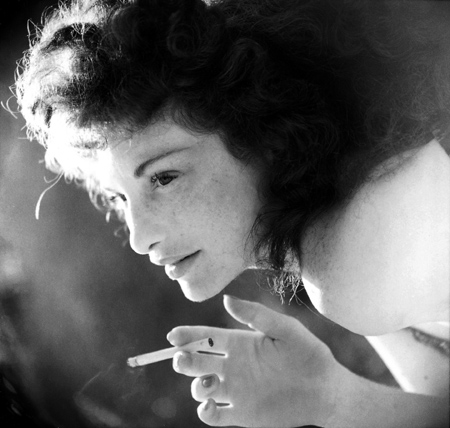
“The major obstacle for amateur film-makers is their own sense of inferiority vis-a-vis professional productions. The very classification “amateur” has an apologetic ring. But that very word – from the Latin “amateur” – “lover” means one who does something for the love of the thing rather than for economic reasons or necessity. And this is the meaning from which the amateur film-maker should take his clue. Instead of envying the script and dialogue writers, the trained actors, the elaborate staffs and sets, the enormous production budgets of the professional film, the amateur should make use of the one great advantage which all professionals envy him, namely, freedom – both artistic and physical.”
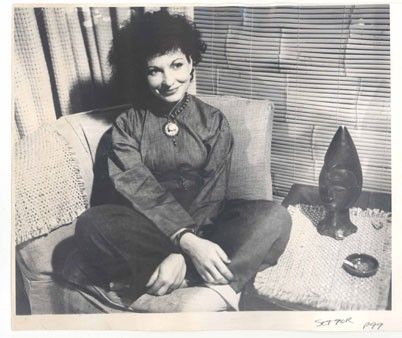
“Improve your films not by adding more equipment and personnel but by using what you have to its fullest capacity. The most important part of your equipment is yourself: your mobile body, your imaginative mind, and your freedom to use both. Make sure you do use them.”
— Two excerpts from “Amateur vs Professional” by Maya Deren. The full text can be found in the Appendix.

